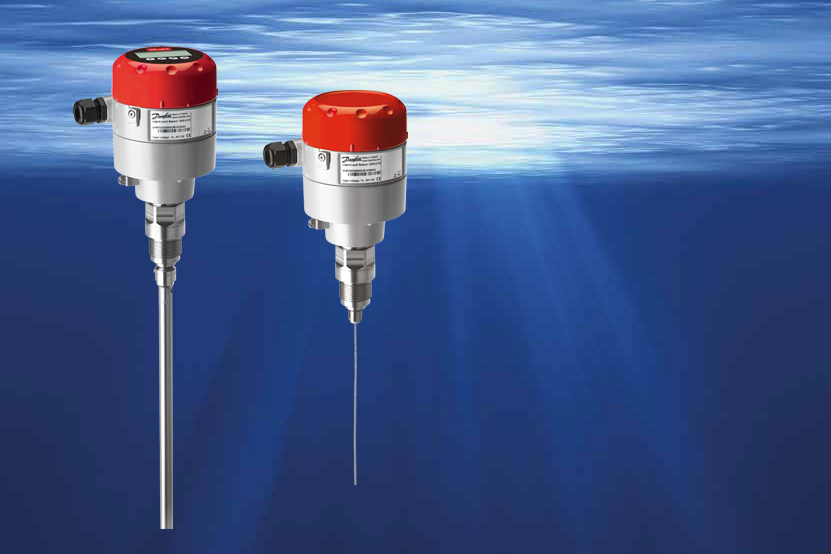Hydraulic fluid level sensors are a vital part of any hydraulic system. They are responsible for monitoring the fluid level in the system and ensuring that it is at the correct level. Without the correct fluid level, the system will not be able to function as it should. In this article, we will discuss the importance of hydraulic fluid level sensors and how they work.
A hydraulic fluid level sensor is a device that is used to measure the amount of hydraulic fluid in a system. It typically consists of a float and a switch, which is connected to the system's pressure relief valve. When the fluid level rises or falls, the float will move, triggering the switch and alerting the operator.

Image Source: Google
A hydraulic fluid level sensor works by measuring the pressure of the hydraulic fluid in the system. The pressure is then sent to the operator via a signal. The operator then can adjust the levels accordingly. The sensor is important in ensuring the system is functioning properly and that the fluid levels are at the correct levels.
There are several benefits to using a hydraulic fluid level sensor. The most important benefit is the ability to monitor the system and ensure it is operating at optimal levels. This can help to reduce the risk of damage to the system, as well as improve its efficiency. In addition, using a hydraulic fluid level sensor can help to save money in the long run. By ensuring the system is operating at the correct levels, it can help to prevent expensive repairs and increase the lifespan of the system.